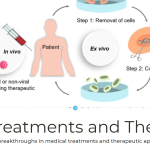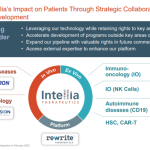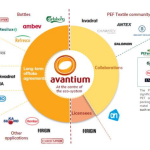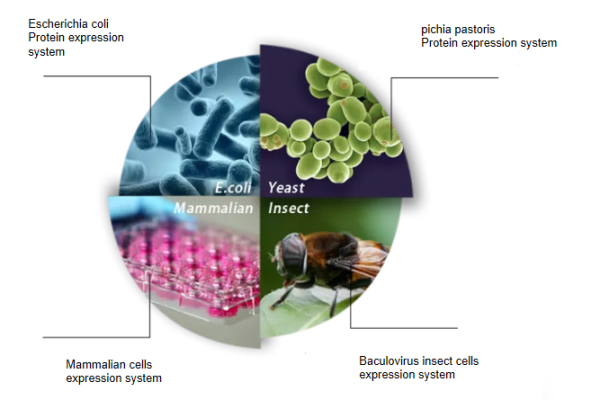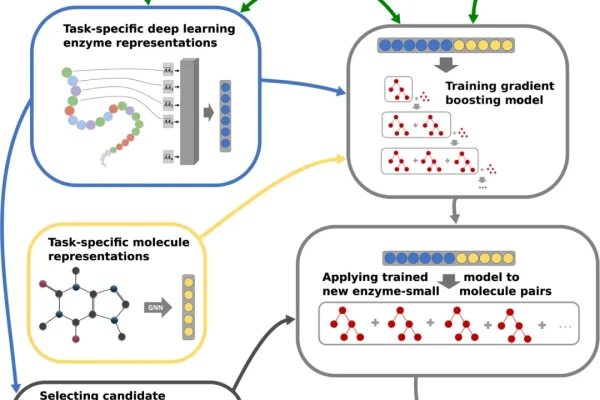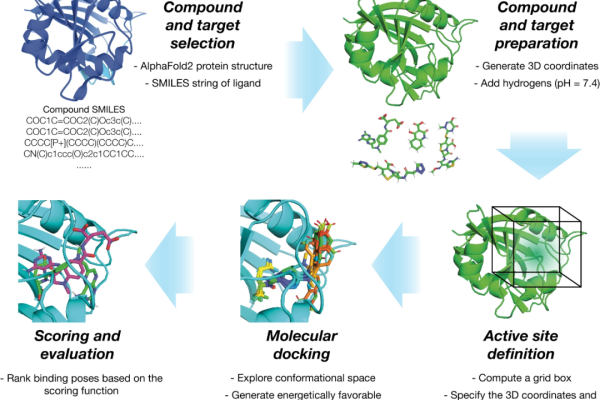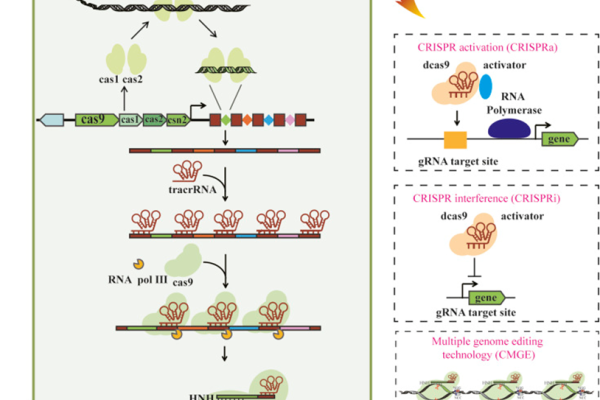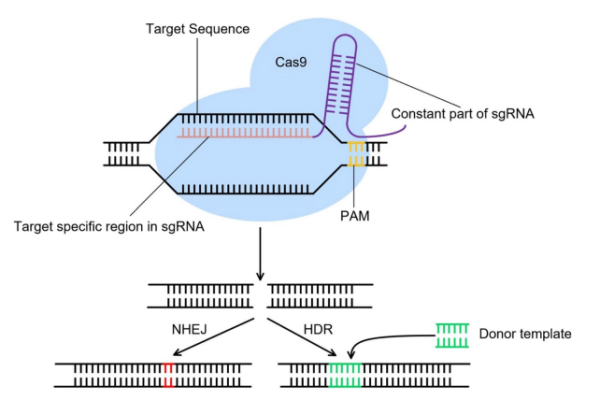
An in-depth look at CRISPR technology: applications from DNA editing to synthetic biology
CRISPR technology has become the focus of the biotechnology field in recent years, and it has revolutionized the landscape of genetic engineering with its precise, fast and efficient gene editing capabilities. As a revolutionary tool, CRISPR (Clustered Regularly Interspaced Short Palindromic Repeats) technology has not only accelerated the development of genetic research, but also demonstrated…

